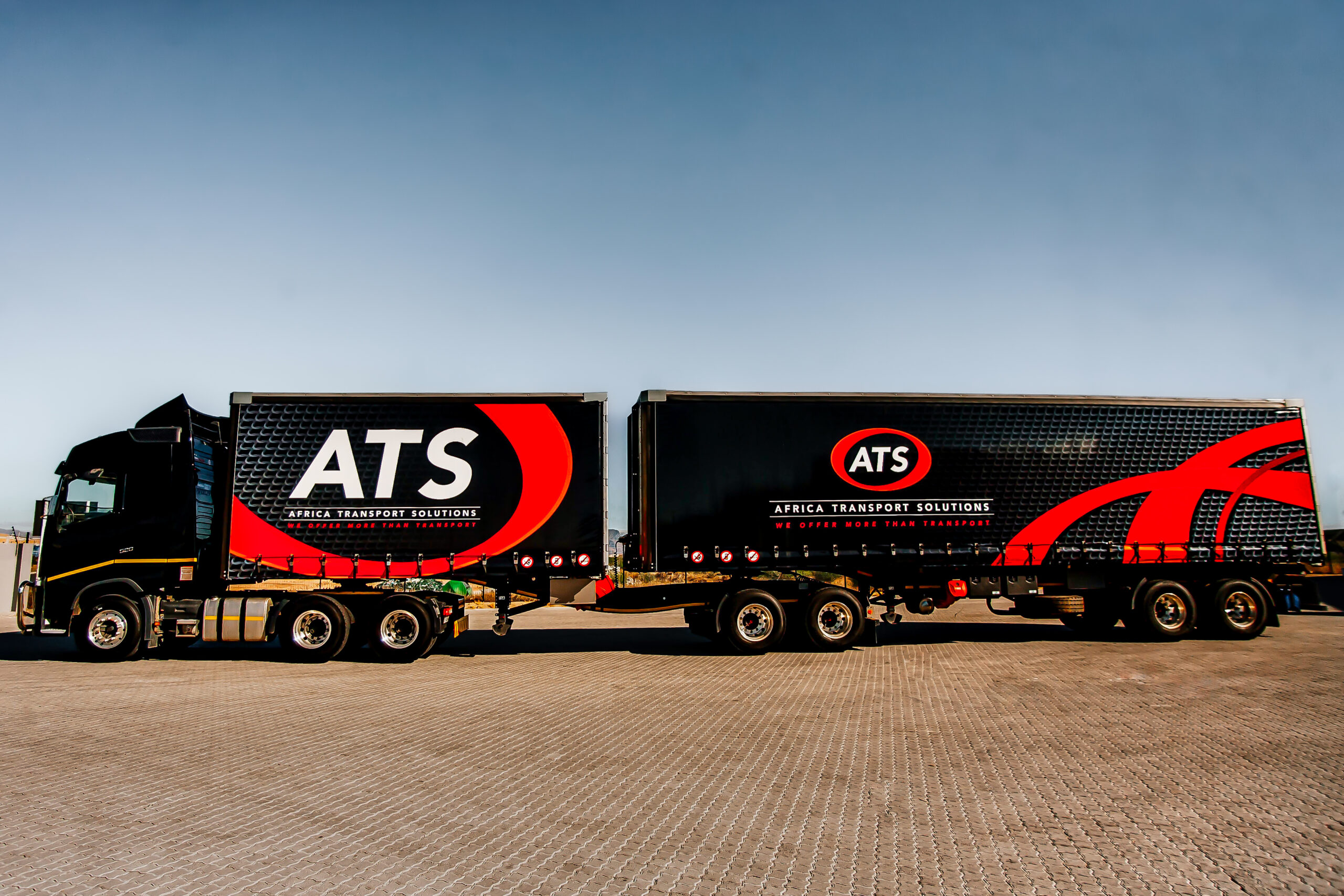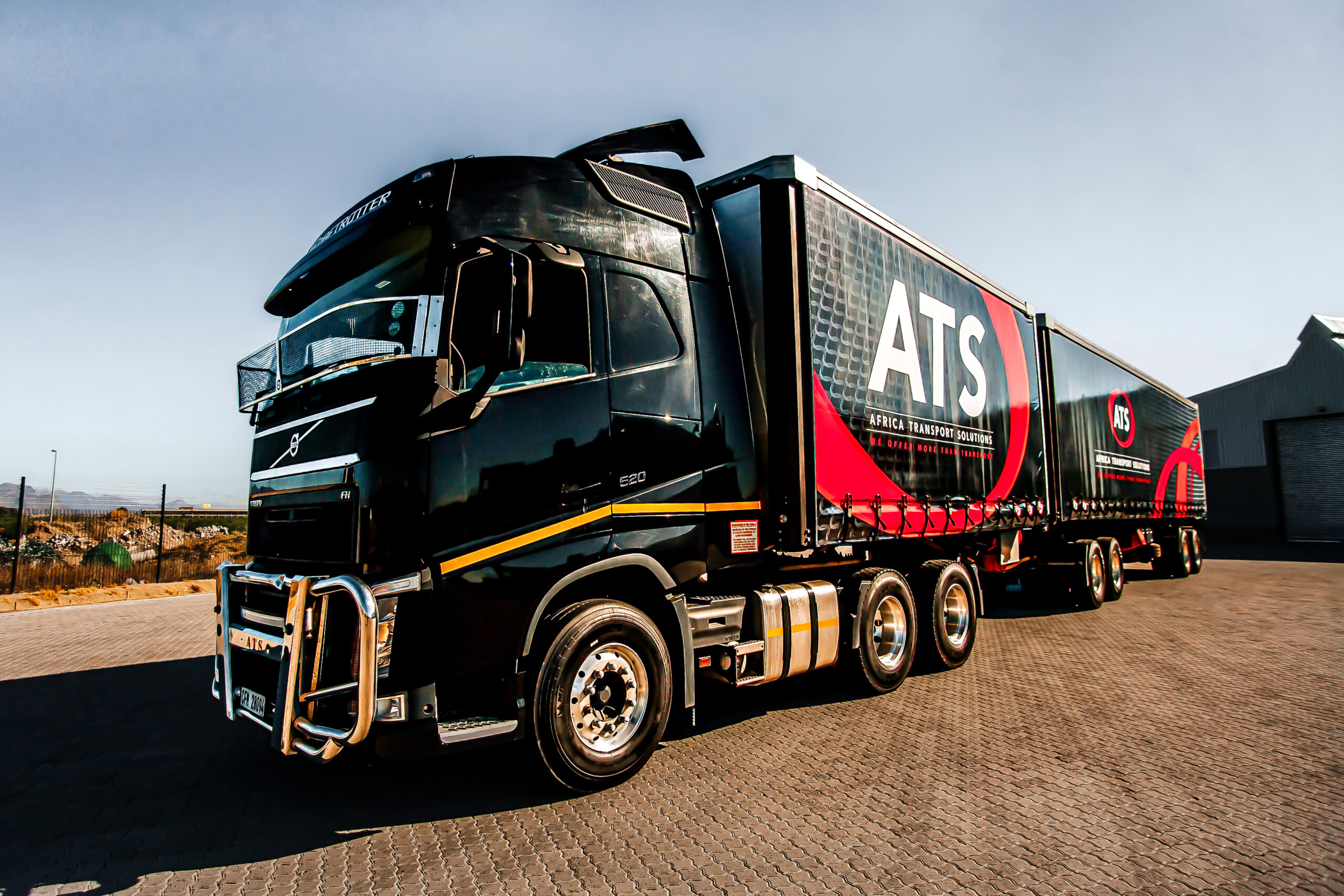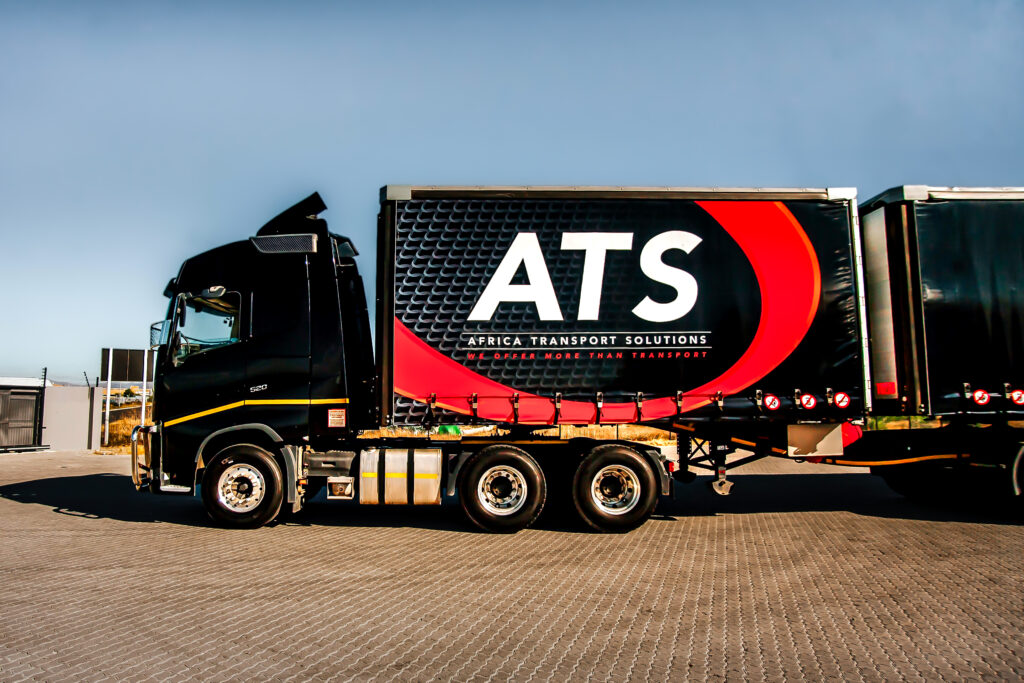
International trade continues to accelerate across Southern Africa, with thousands of businesses participating in global supply chains every day. For this trade to succeed, companies need reliable import export transport services that can move goods through ports, airports, and land borders without delay. These services combine customs clearance, freight forwarding, bonded warehousing, route planning, and real-time cargo tracking into a single streamlined offering. When executed correctly, import and export operations become faster, safer, and far more scalable.
South African companies importing raw materials or exporting finished goods rely on logistics providers that understand local infrastructure and global compliance. For example, clearing customs at Durban Port or OR Tambo Airport requires tight coordination of documentation, carrier schedules, and freight declarations. A small delay in clearance can cascade into a week-long disruption. Top transport service providers prevent this by handling all documentation, submitting pre-clearance electronically, and communicating with customs officials directly. These services remove uncertainty and put control back into the hands of the business.
Efficient import-export logistics depends on multimodal freight strategies. The best providers offer seamless integration between sea freight, air cargo, and inland trucking. For example, goods arriving at Cape Town Port may need to move by truck to Gaborone, or from OR Tambo by air to Lusaka. These transitions must be handled without delays or damage. Providers that specialize in integrated transport ensure that goods remain compliant and protected at every step—no matter the cargo type or delivery point.

Certain imports and exports require unique handling. High-value electronics, medical supplies, chemicals, and perishables must be stored, inspected, and transported under strict conditions. Professionals in import export transport services manage these conditions with refrigerated trucks, special packing protocols, or hazardous materials training. They also ensure these goods meet safety standards and pass inspections at international customs gates. This attention to detail keeps goods moving while protecting client reputations.
Every country has different trade requirements, including tariff codes, prohibited goods lists, and documentation standards. A strong transport services partner understands these differences and prepares accordingly. They verify commercial invoices, calculate VAT and duties, and communicate with border agents to smooth the process. Whether you’re importing electronics from China or exporting auto parts to Zimbabwe, your logistics team should ensure customs documentation is error-free and timely.
Modern transport companies offer digital tools that enhance customer visibility. These platforms allow clients to see cargo status, customs status, and ETAs in real-time. Clients can view delivery metrics, generate reports, and track issues proactively. This transparency supports better decision-making and improves trust between logistics providers and customers. It’s no longer enough to move goods—you must prove you moved them on time and correctly.

Businesses that master import-export logistics position themselves to win international contracts, reduce costs, and deliver at scale. Import export transport services are no longer optional—they are the foundation for cross-border business success. With expert planning, proper documentation, and responsive customer support, logistics becomes a catalyst for growth. It opens new markets, accelerates delivery cycles, and gives businesses the infrastructure to compete globally.